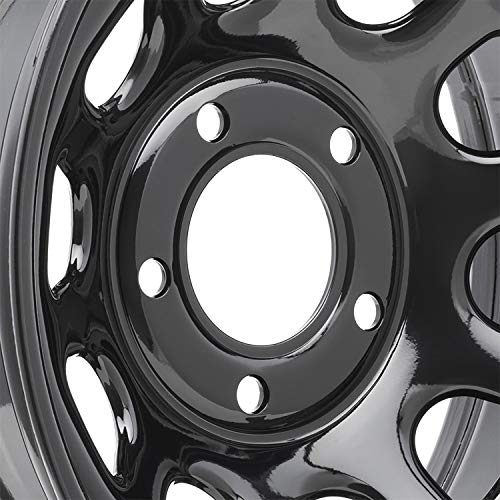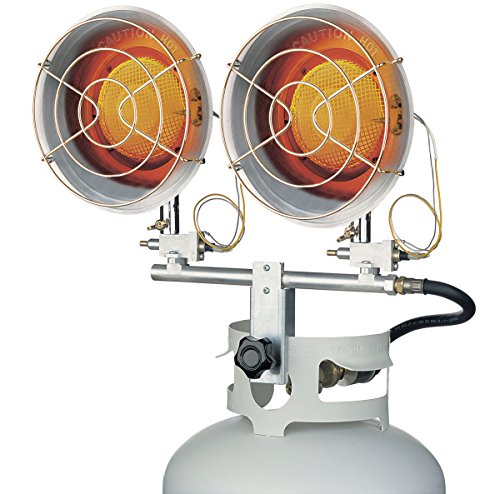The Ultimate Guide to Car Camping
For those seeking the thrill of the outdoors while maintaining the convenience of having their vehicle within reach, car camping presents an outstanding option. It not only offers a budget-friendly means of venturing into nature with loved ones, but it also provides the flexibility to adapt to shifting locations and inclement weather conditions. This comprehensive car camping guide equips you with insights into essential gear, necessary skills, campsite selection strategies, and more, ensuring that every adventure is as secure and pleasurable as can be!
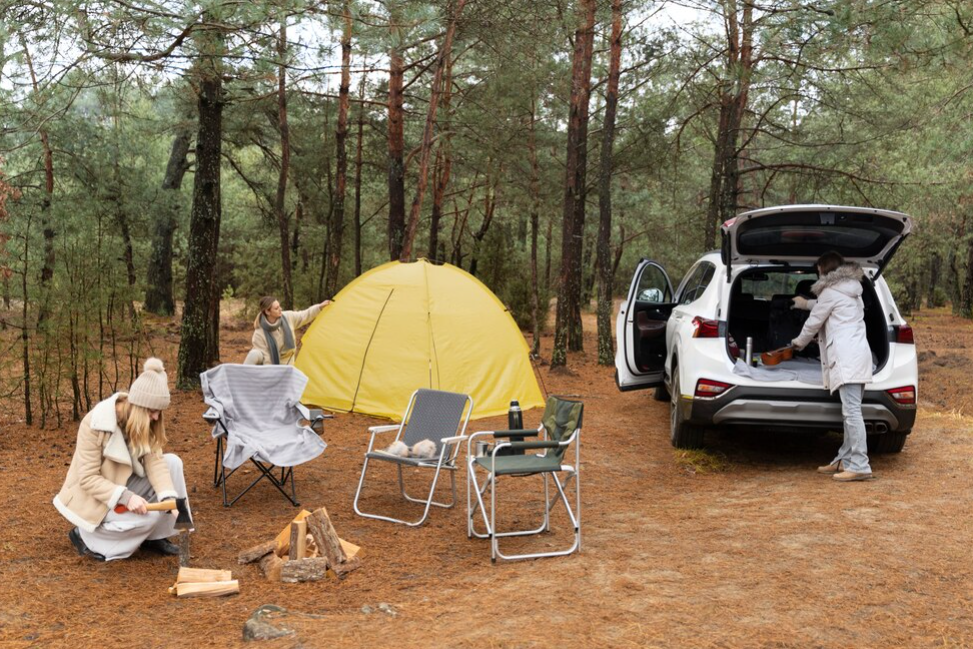
What Essential Gear Do You Need for Car Camping?
Sleeping Gear:
- Sleeping Bags: Choose sleeping bags appropriate for the season and temperature. Look for a comfortable, warm, and lightweight option.
- Sleeping Pads or Air Mattresses: To provide insulation and cushioning for a good night's sleep.
- Pillows and Pillow Cases: Don't forget the comfort of a pillow for a more restful sleep.
Cooking Equipment:
- Camp Stove: A portable stove for cooking meals. Make sure you have enough fuel.
- Cookware: Pots, pans, and utensils for preparing and eating food.
- Cooler: Keep your food and beverages fresh with a good-quality cooler.
- Food and Water Containers: Ensure you have storage for your meals and drinking water.
Lighting:
- Headlamps or Flashlights: Essential for navigating around the campsite at night.
- Lanterns: Provide ambient lighting in and around your camping area.
Clothing and Personal Items:
- Appropriate Clothing: Dress in layers to adapt to changing weather conditions.
- Rain Gear: Keep dry in wet weather with waterproof jackets and pants.
- Toiletries: Bring along basic toiletries and a portable shower if needed.
- First Aid Kit: Always have a well-stocked first aid kit on hand.
Camping Furniture:
- Camp Chairs and Tables: Make your campsite more comfortable for relaxation and dining.
Navigation and Communication:
- Maps and Compass: Even if you have a GPS, it's essential to have a backup navigation method.
- Cell Phone and Portable Charger: Ensure you can stay connected in case of emergencies.
-
Entertainment: Don't forget to bring along items to keep you entertained during downtime, such as books, playing cards, or a musical instrument.
-
Trash Bags: Always follow Leave No Trace principles and pack out all your trash.
Optional Gear:
- Hammock: Great for lounging and taking in the scenery.
- Campfire Equipment: If fires are allowed at your campsite, bring firewood and equipment for a safe and enjoyable campfire.
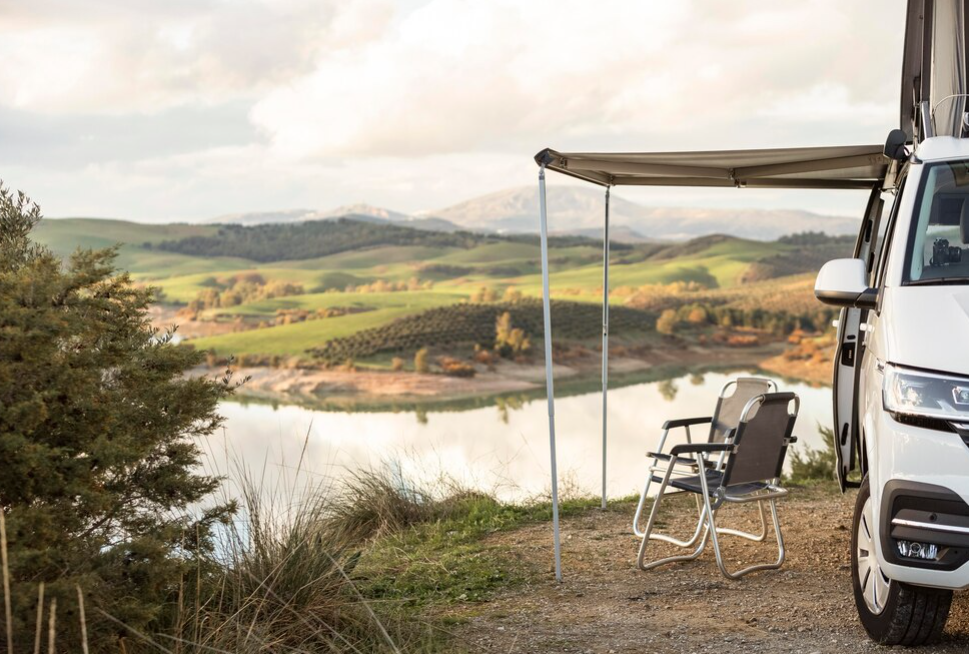
Selecting the perfect campsite is a crucial step to ensure a successful and enjoyable camping trip. Start by researching your destination and identifying your needs and preferences. Consider the regulations of the campground or outdoor area and prioritize safety and accessibility. When you arrive at the location, inspect potential campsites for level ground, proximity to water, shade, wind exposure, views, and distance to facilities.
Adhere to Leave No Trace principles and respect local regulations. When camping with a group, ensure the chosen campsite can comfortably accommodate everyone. Remember that flexibility is essential, as the perfect spot may not always be accessible. By keeping these factors in mind, you enhance the likelihood of discovering the ideal campsite and creating lasting memories during your camping adventure.
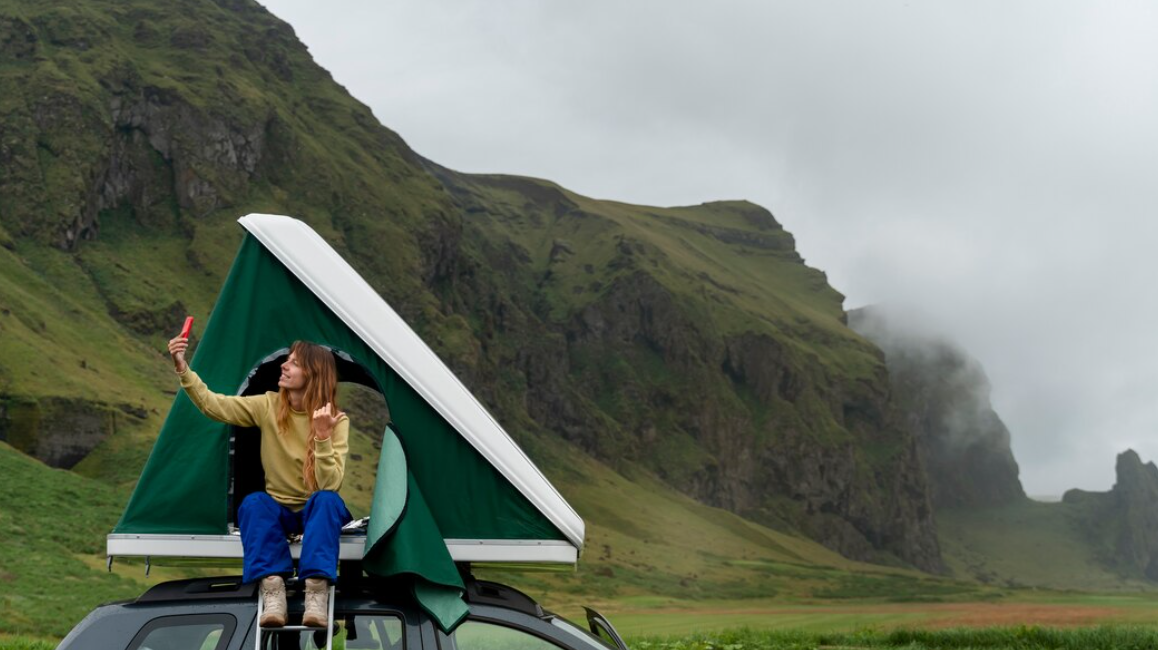
These skills include selecting a suitable campsite based on various factors, setting up and breaking down camp efficiently, building and managing campfires, cooking meals in the wilderness, navigation, basic first aid, knot tying, practicing Leave No Trace principles, and being prepared for weather changes and emergencies.
Additionally, understanding wildlife behavior, maintaining campsite hygiene, and fostering effective teamwork and communication when camping with others are equally vital. These competencies, when honed, ensure that car campers can enjoy the outdoors with confidence, minimize their environmental impact, and respond effectively to various camping situations.
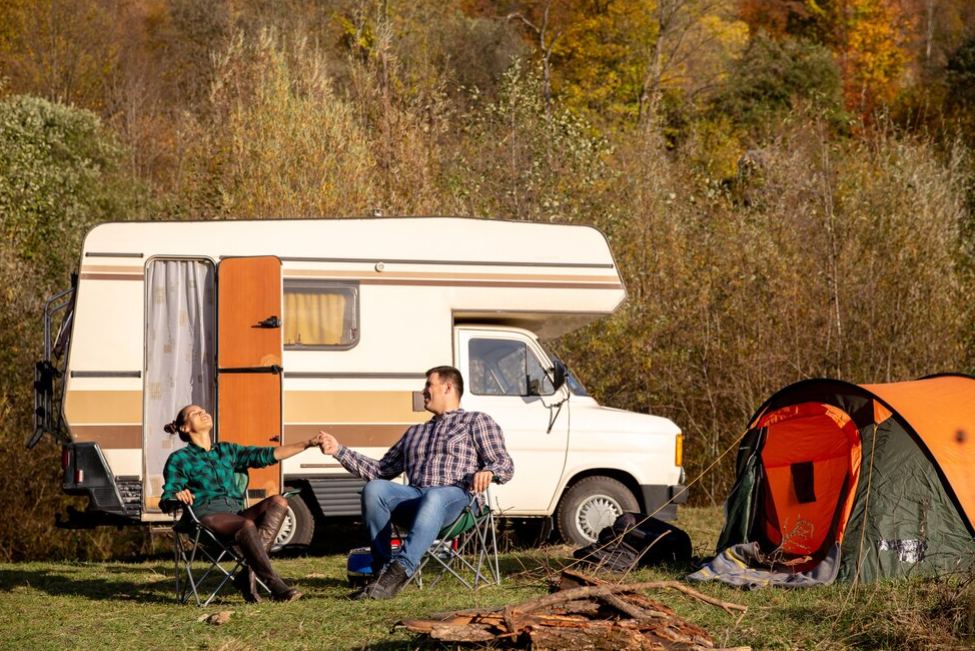
-
What are some meal options for car camping?
Car camping allows for more diverse meal options. You can cook over a campfire, with a portable stove, or even bring pre-cooked meals. Plan a menu that suits your group and cooking preferences.
-
Can I have a campfire while car camping?
Campfire rules vary by location and season. Check with the campground or park management for information on campfires, fire restrictions, and the availability of firewood.
See more review here: Top 10 Chisel Sets Every Woodworker Should Consider


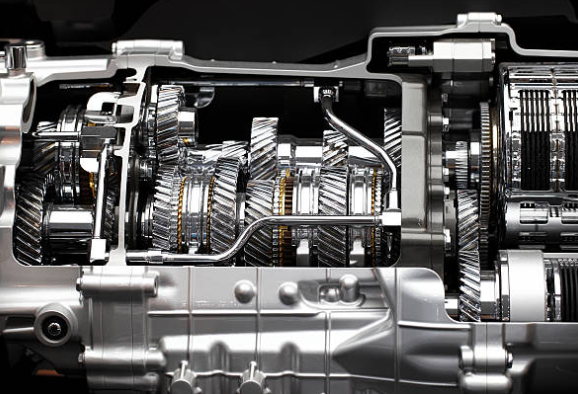
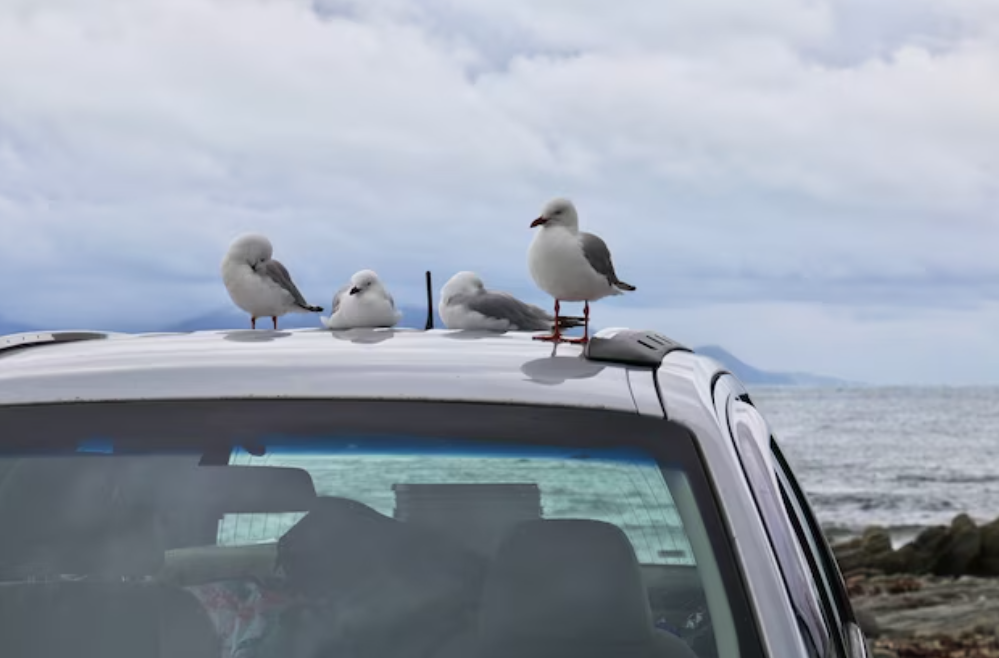


.png)

